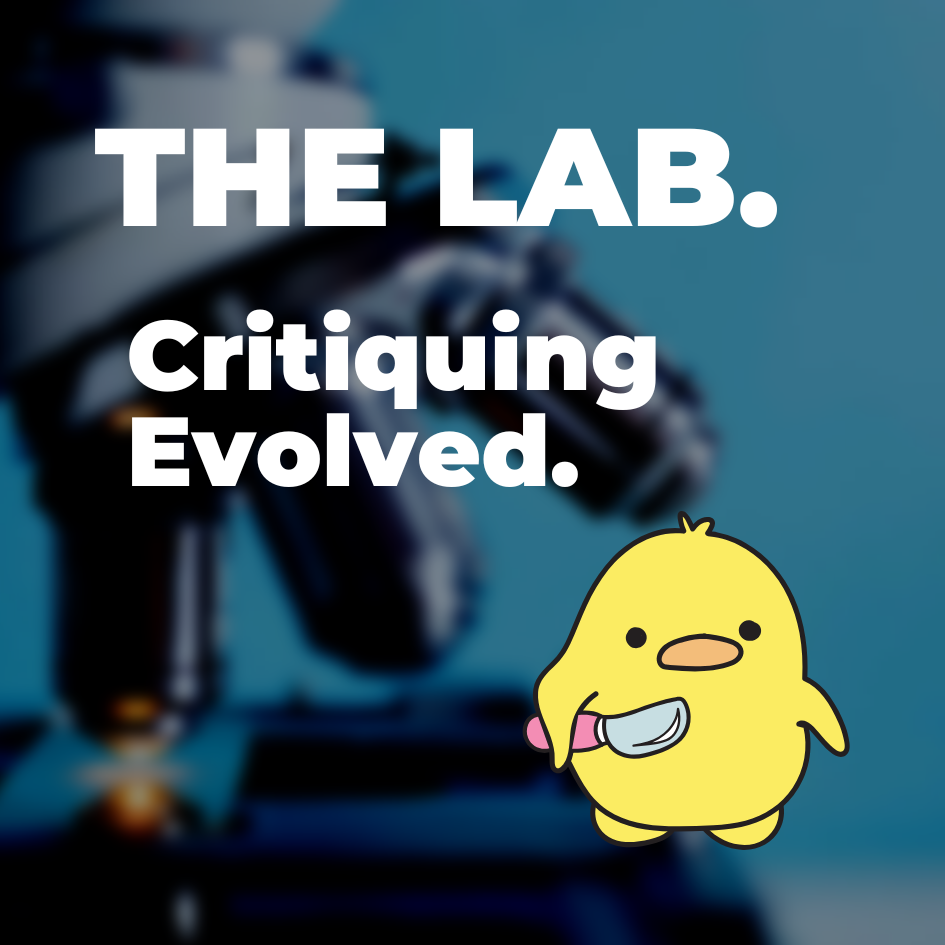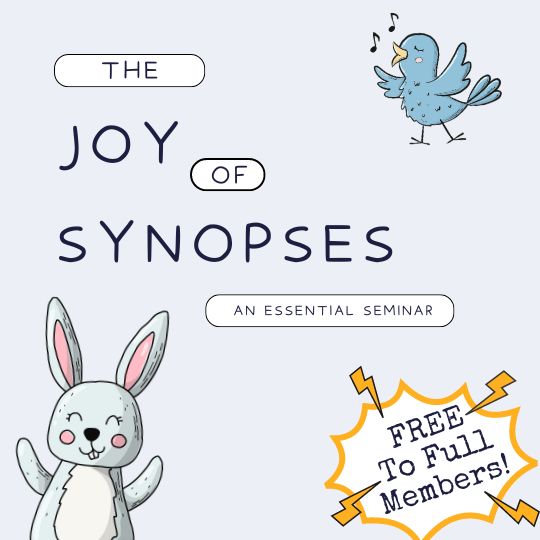Paul Whybrow
Full Member
When writing a novel, I pause now and again to read through what I’ve penned looking to see if the subtext I was going for is working. Also, I look for unintended messages that aren’t desirable. I realised the other night, that the criminals in my WIP were coming across as masterminds, as not one of them had encountered problems in their lawbreaking or personal lives. I immediately made them more inefficient and neurotic! 
I chose to write in the Crime genre as it lets me tackle anything that’s happening in society. Thus, I’ve looked at illegal immigration, human trafficking and slavery, prostitution, gun-running, murder as entertainment on social media and in the press and how crime statistics are massaged with unsolved crimes written off to make a police force look better than it is to get further funding.
Drugs are a contentious issue. It’s impossible to write a 21st-century crime story without mentioning them. I attempt to go beyond the simplistic stance that all drugs are bad otherwise they wouldn’t be illegal, but all medicines are good as governments have approved them. For example, the magic mushroom psilocybin, which when taken creates auditory and visual hallucinations similar to dropping a tab of LSD, was made illegal under UK law in a hasty decision in 2005. It was deemed a Class A drug placing it in the same group as crack cocaine and heroin.
My third Cornish Detective novel opens with a murder victim tripping out on magic mushrooms, which she’s inadvertently taken in tea offered to her by New Age revellers celebrating Litha – the summer solstice. My detective is surprised that a 70-year-old escapee from the mental health system should die while high but reflects on the stupidity of the law. He’s in the process of creating a wild garden and has psilocybin 'shrooms' growing around the pond, along with puffballs and field mushrooms. More than enough to make him a supplier were he to dry them.
Banning things makes them desirable. Recent medical trials have shown psilocybin to be effective in treating depression, more so than conventional drugs. He's gone through three years of depression himself recently and would have preferred a quick and natural cure.
Are “magic mushrooms” beneficial for mental health therapy?
Giving my readers a nudge in such ways might make them think differently.
How will your stories make a difference?

Ann Patchett - Wikipedia
I chose to write in the Crime genre as it lets me tackle anything that’s happening in society. Thus, I’ve looked at illegal immigration, human trafficking and slavery, prostitution, gun-running, murder as entertainment on social media and in the press and how crime statistics are massaged with unsolved crimes written off to make a police force look better than it is to get further funding.
Drugs are a contentious issue. It’s impossible to write a 21st-century crime story without mentioning them. I attempt to go beyond the simplistic stance that all drugs are bad otherwise they wouldn’t be illegal, but all medicines are good as governments have approved them. For example, the magic mushroom psilocybin, which when taken creates auditory and visual hallucinations similar to dropping a tab of LSD, was made illegal under UK law in a hasty decision in 2005. It was deemed a Class A drug placing it in the same group as crack cocaine and heroin.
My third Cornish Detective novel opens with a murder victim tripping out on magic mushrooms, which she’s inadvertently taken in tea offered to her by New Age revellers celebrating Litha – the summer solstice. My detective is surprised that a 70-year-old escapee from the mental health system should die while high but reflects on the stupidity of the law. He’s in the process of creating a wild garden and has psilocybin 'shrooms' growing around the pond, along with puffballs and field mushrooms. More than enough to make him a supplier were he to dry them.
Banning things makes them desirable. Recent medical trials have shown psilocybin to be effective in treating depression, more so than conventional drugs. He's gone through three years of depression himself recently and would have preferred a quick and natural cure.
Are “magic mushrooms” beneficial for mental health therapy?
Giving my readers a nudge in such ways might make them think differently.
How will your stories make a difference?

Ann Patchett - Wikipedia





